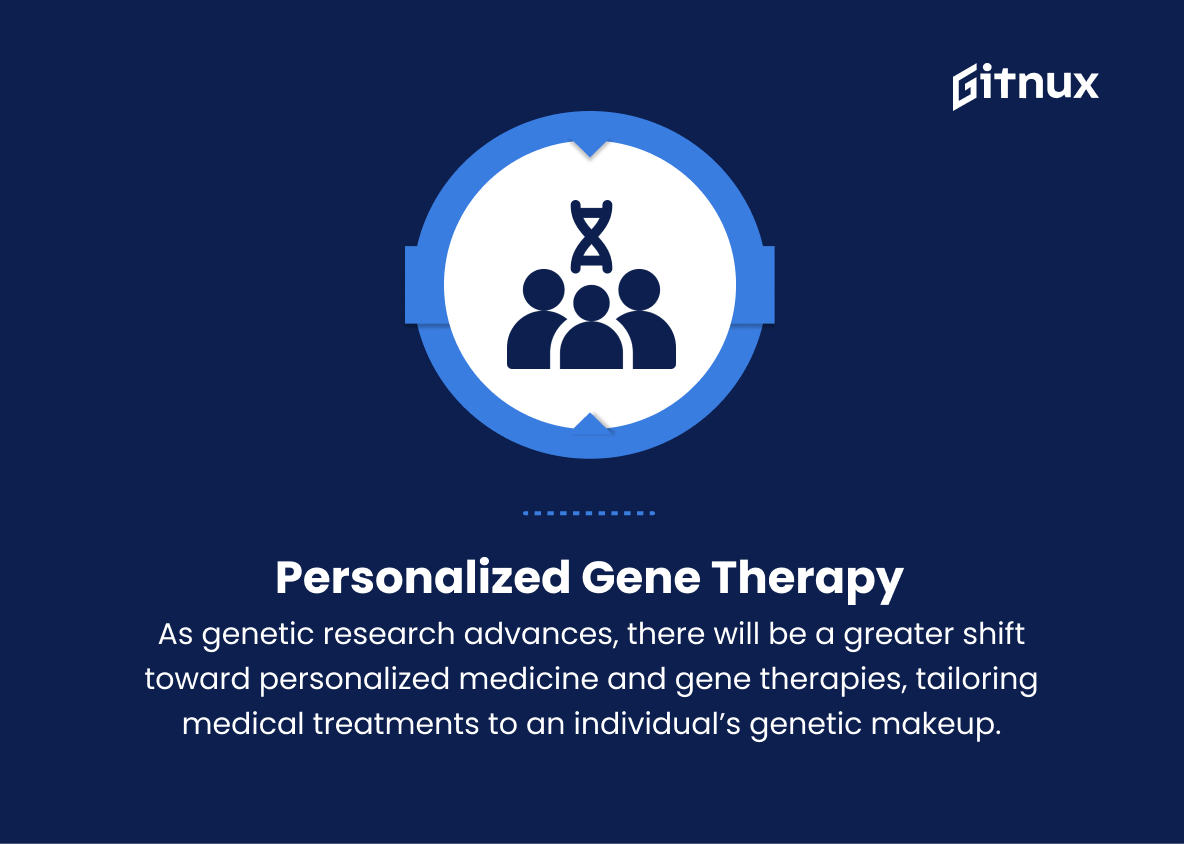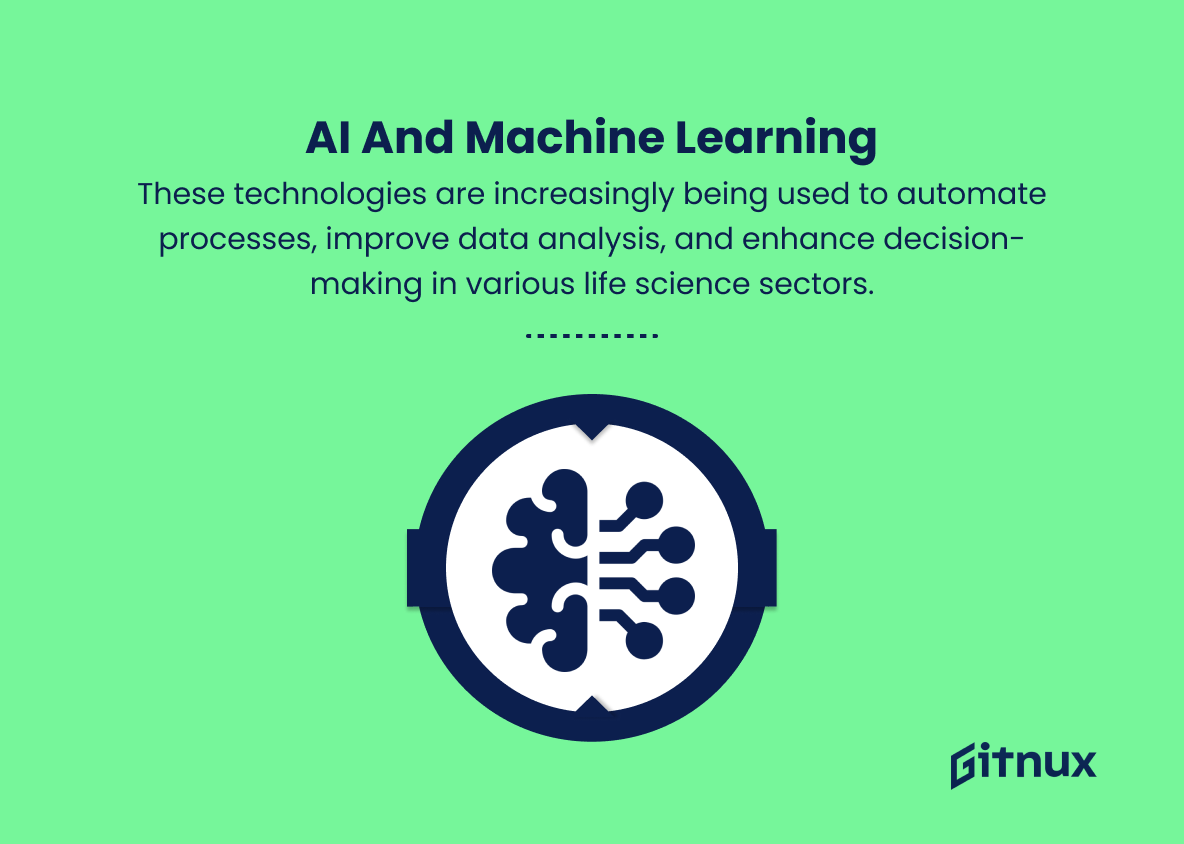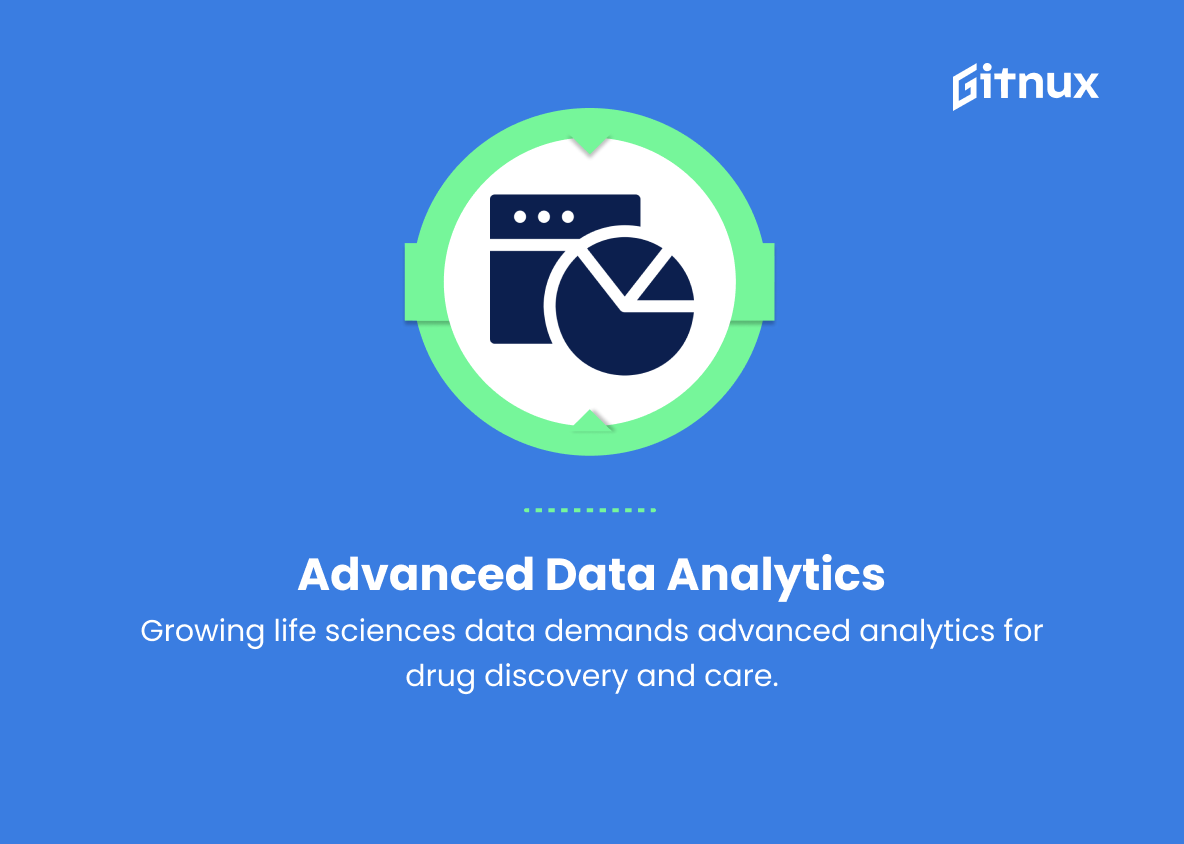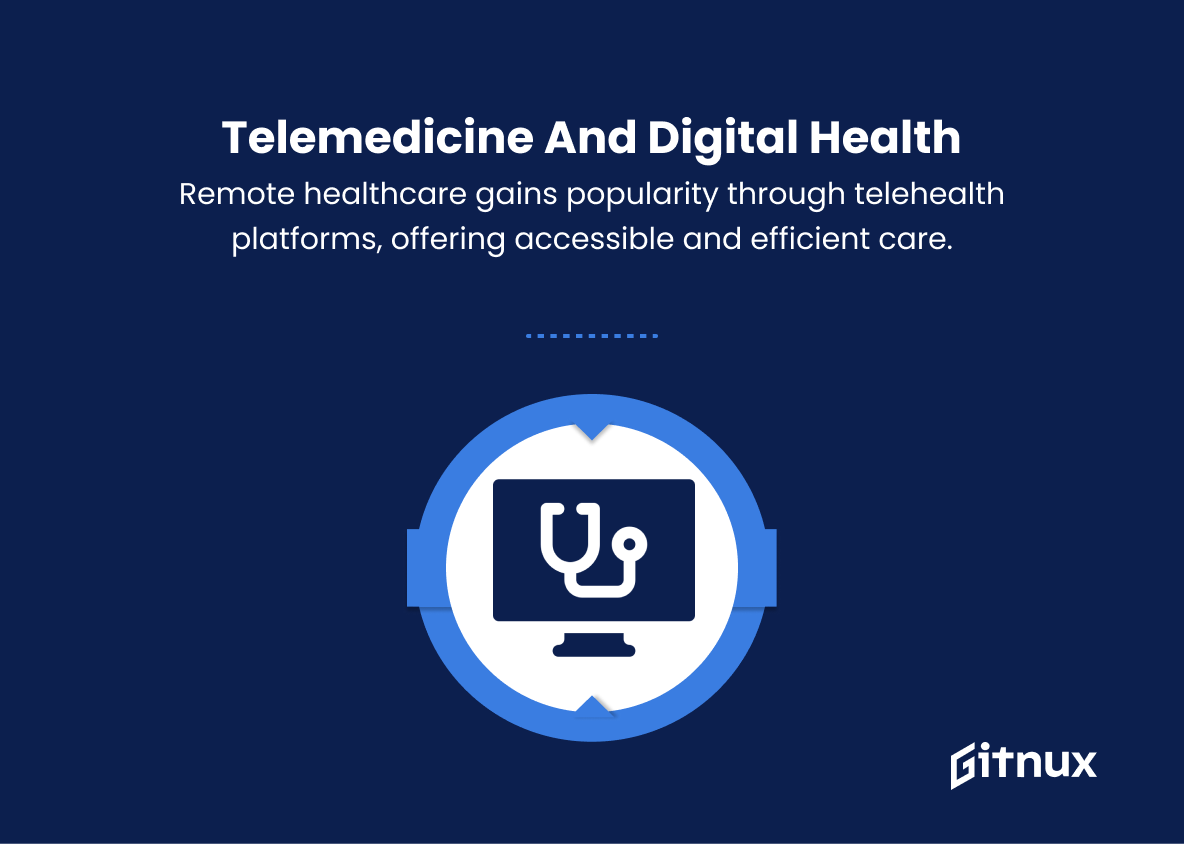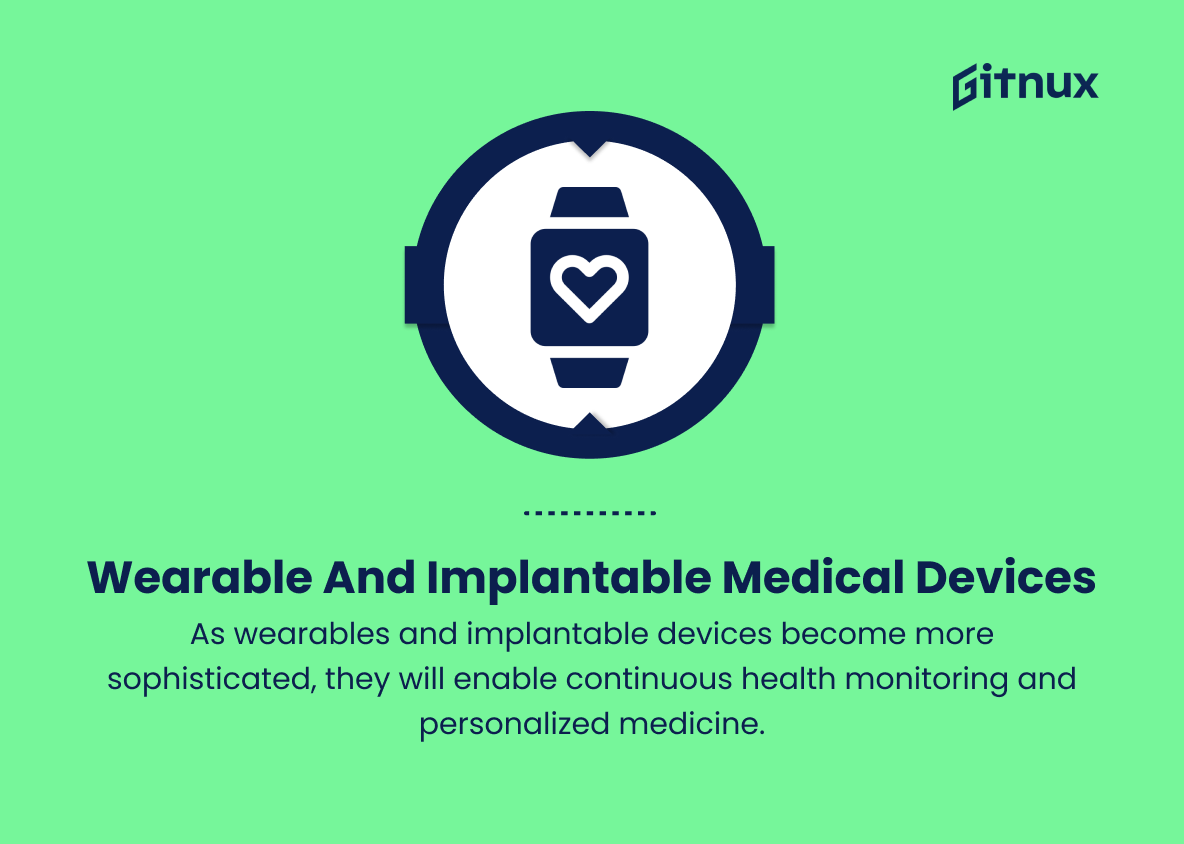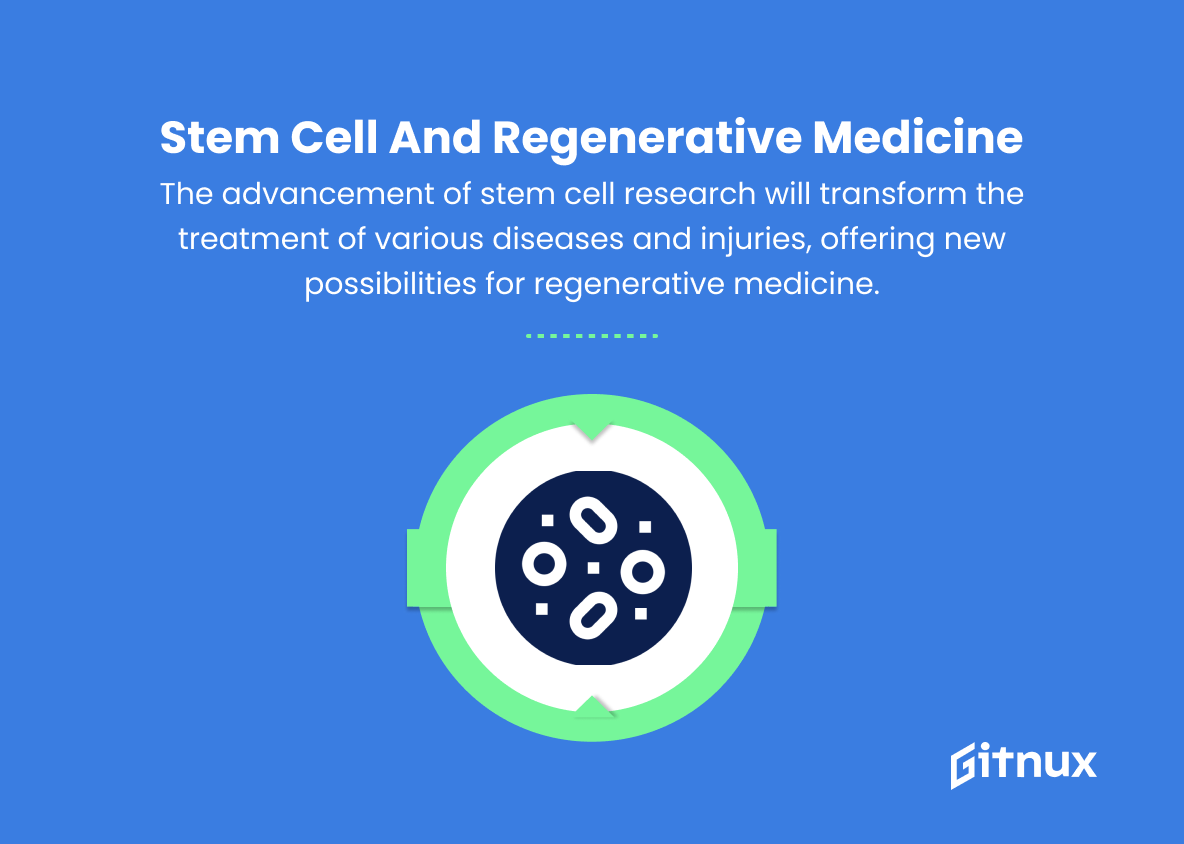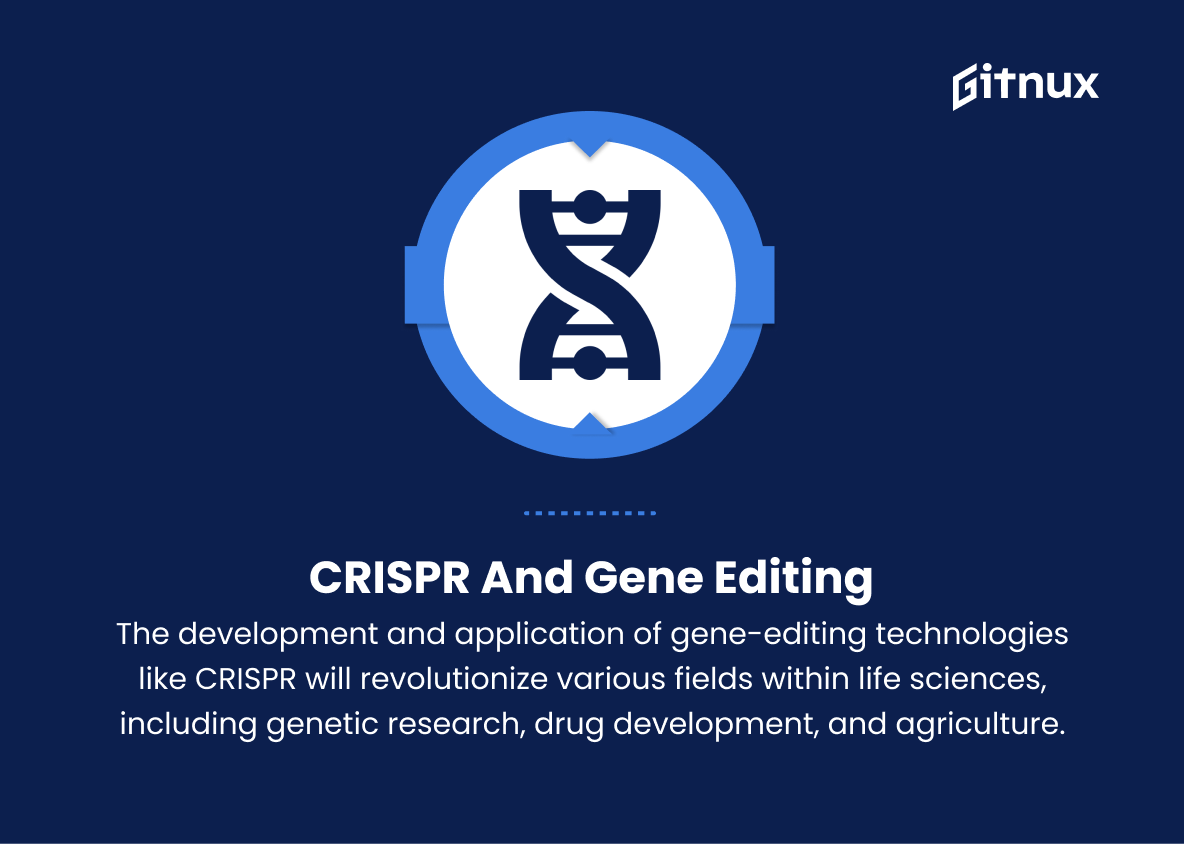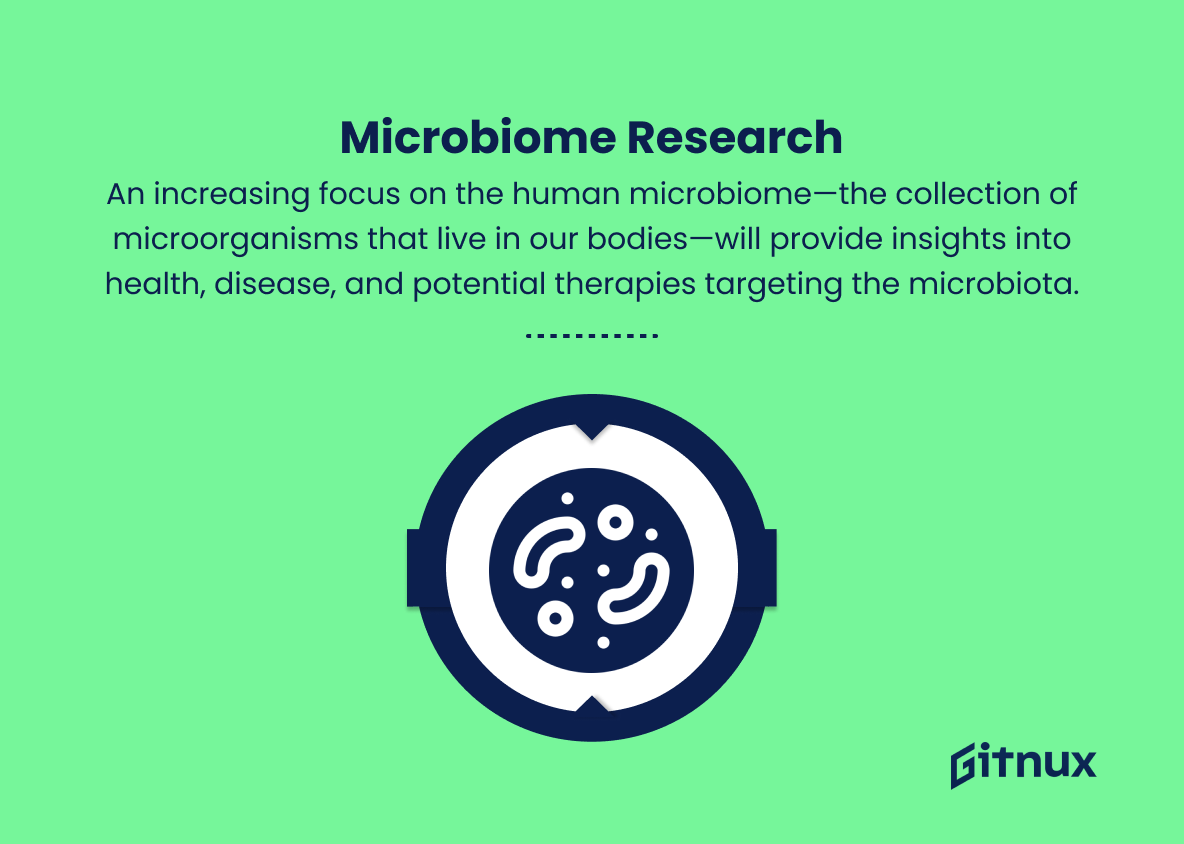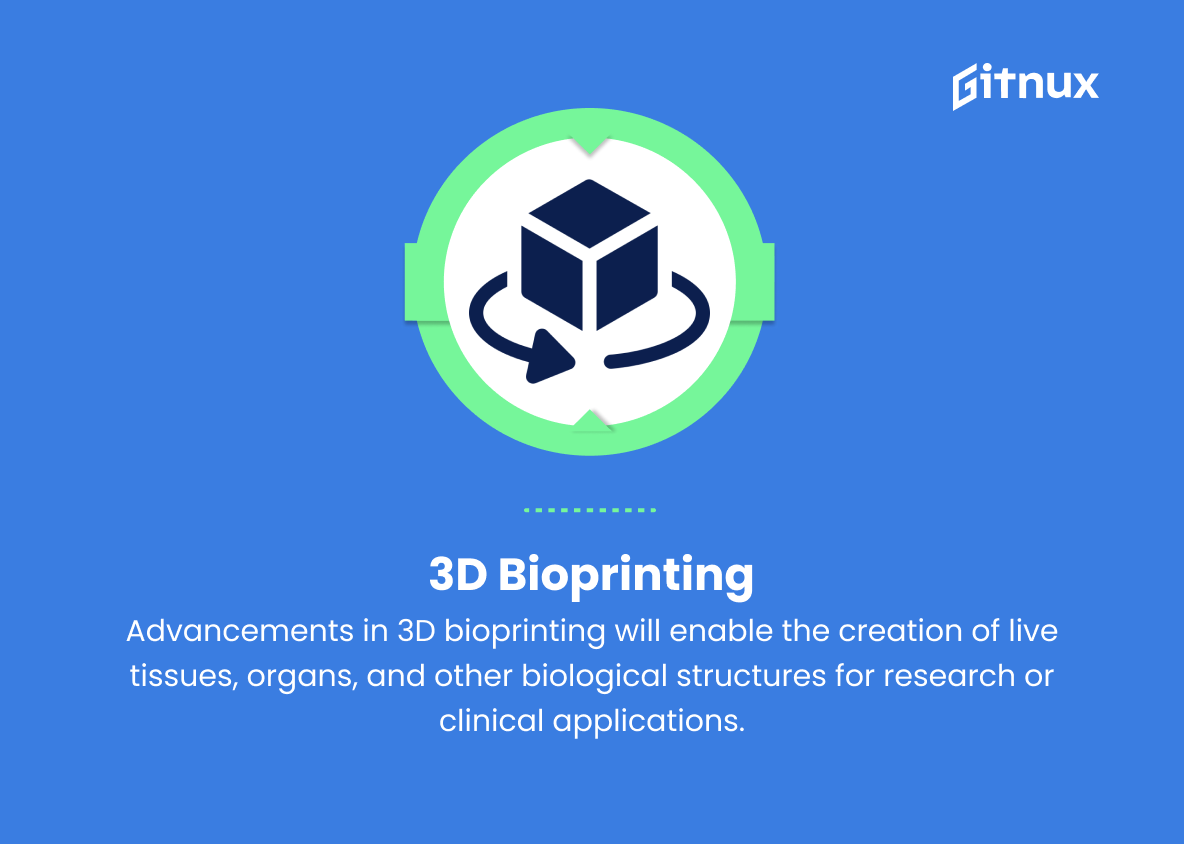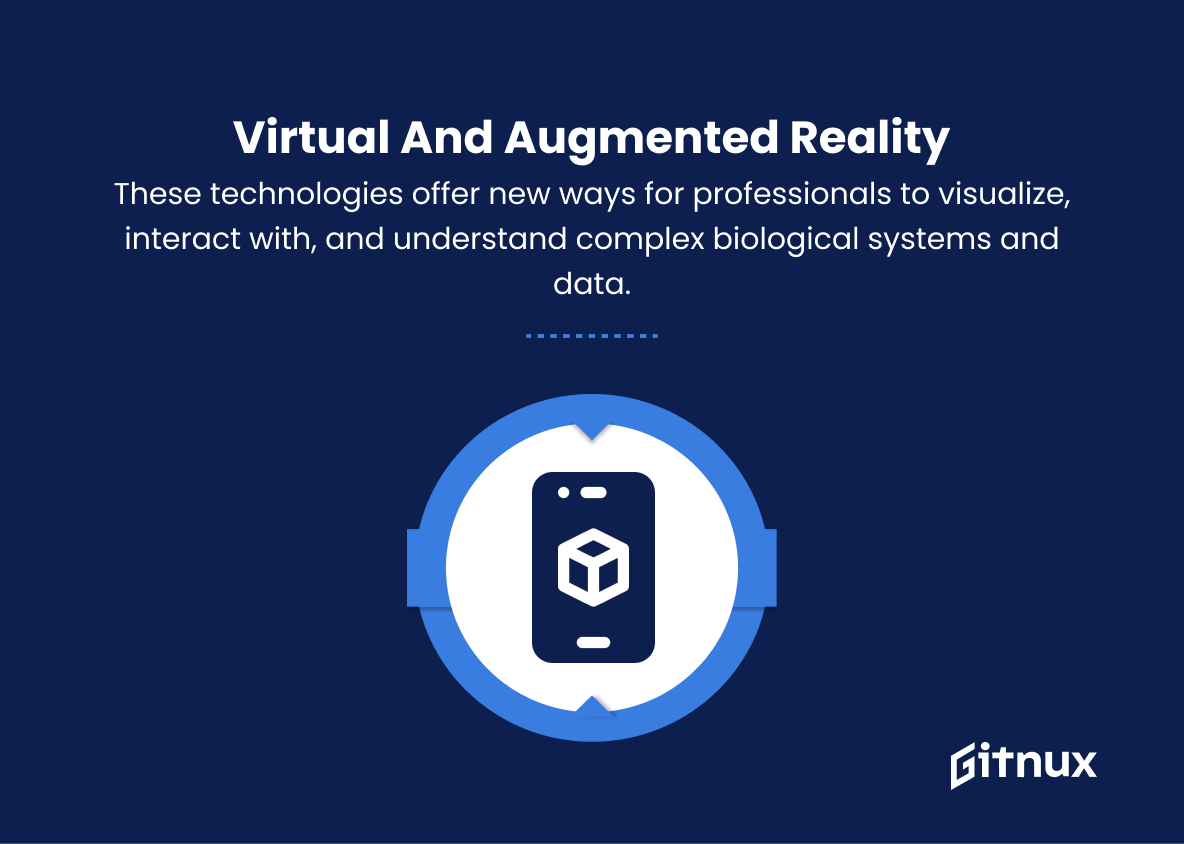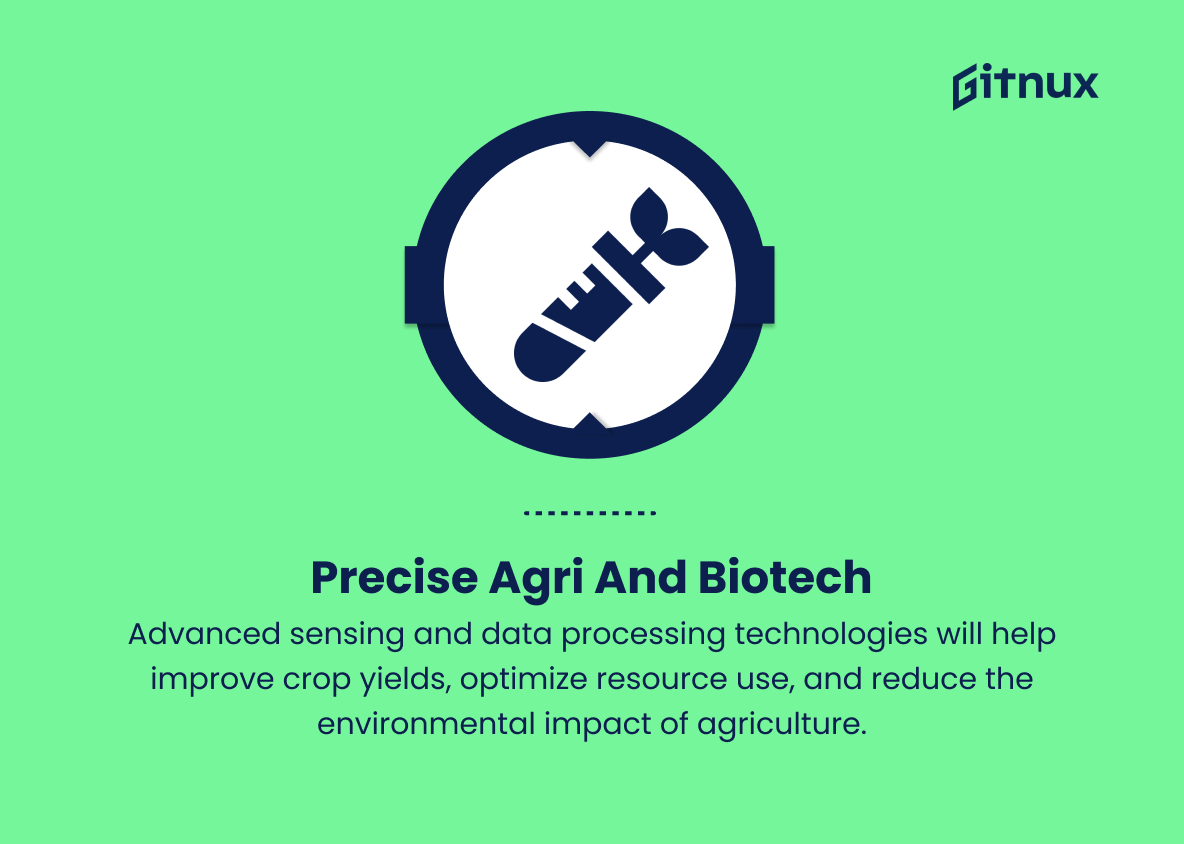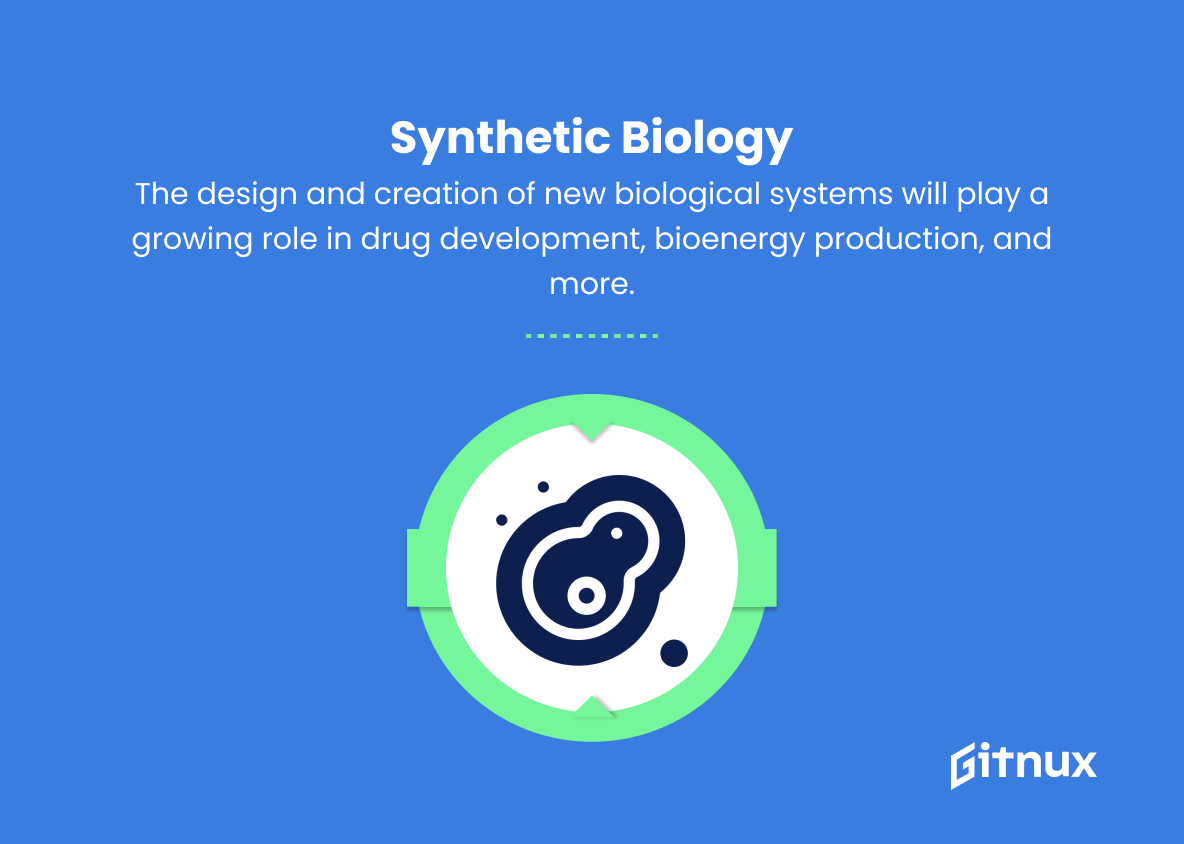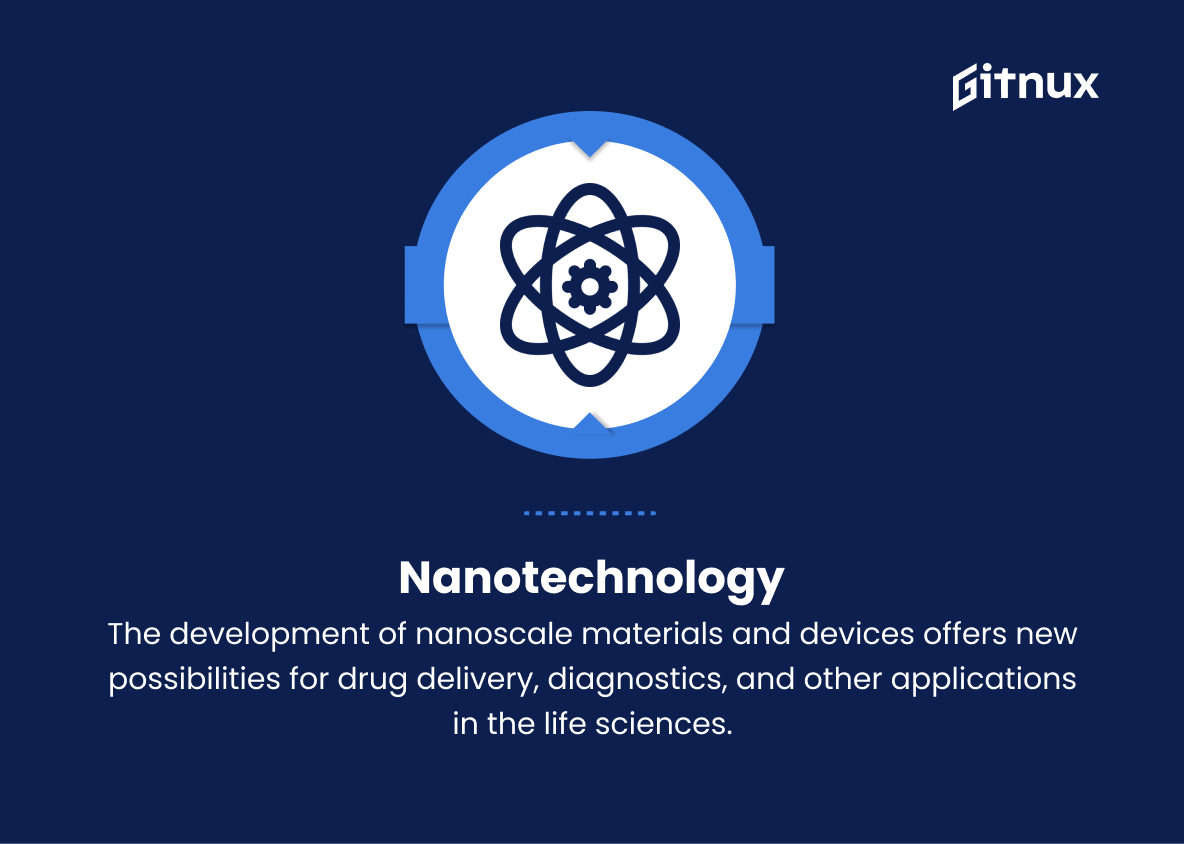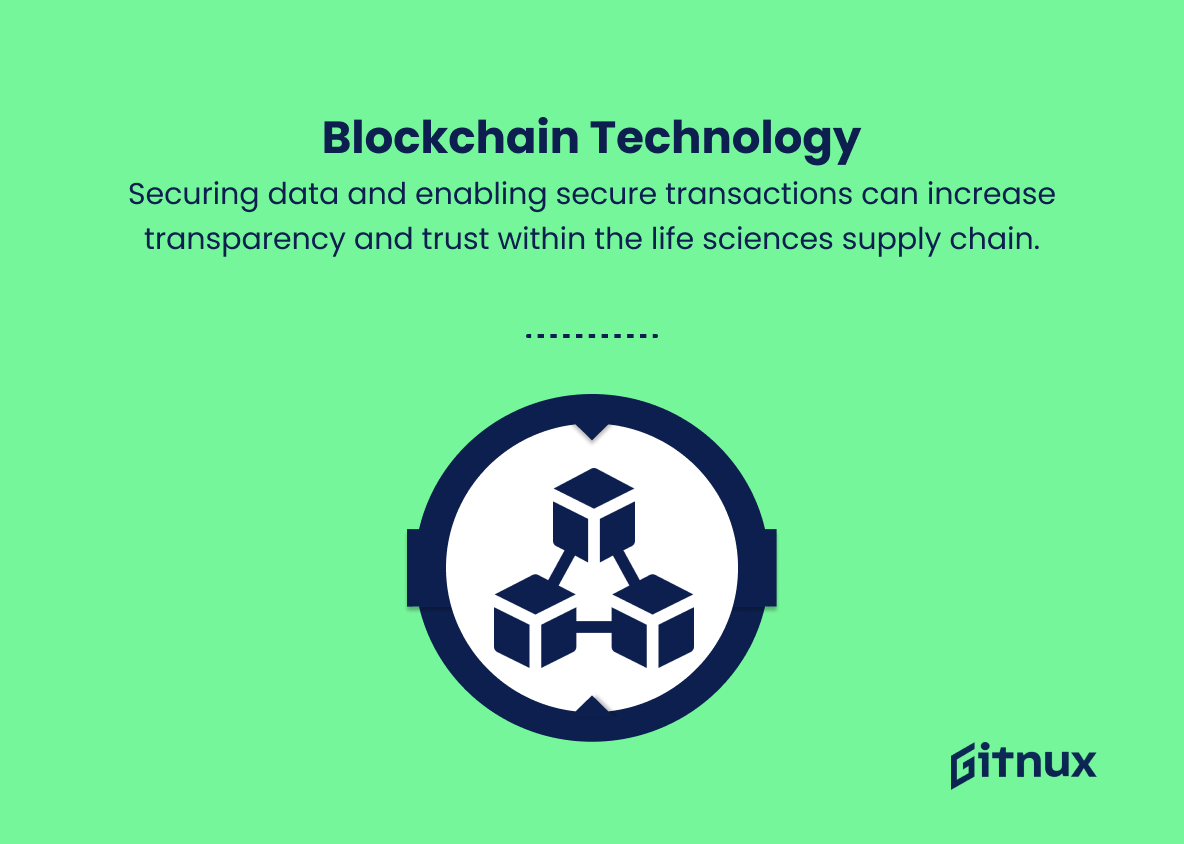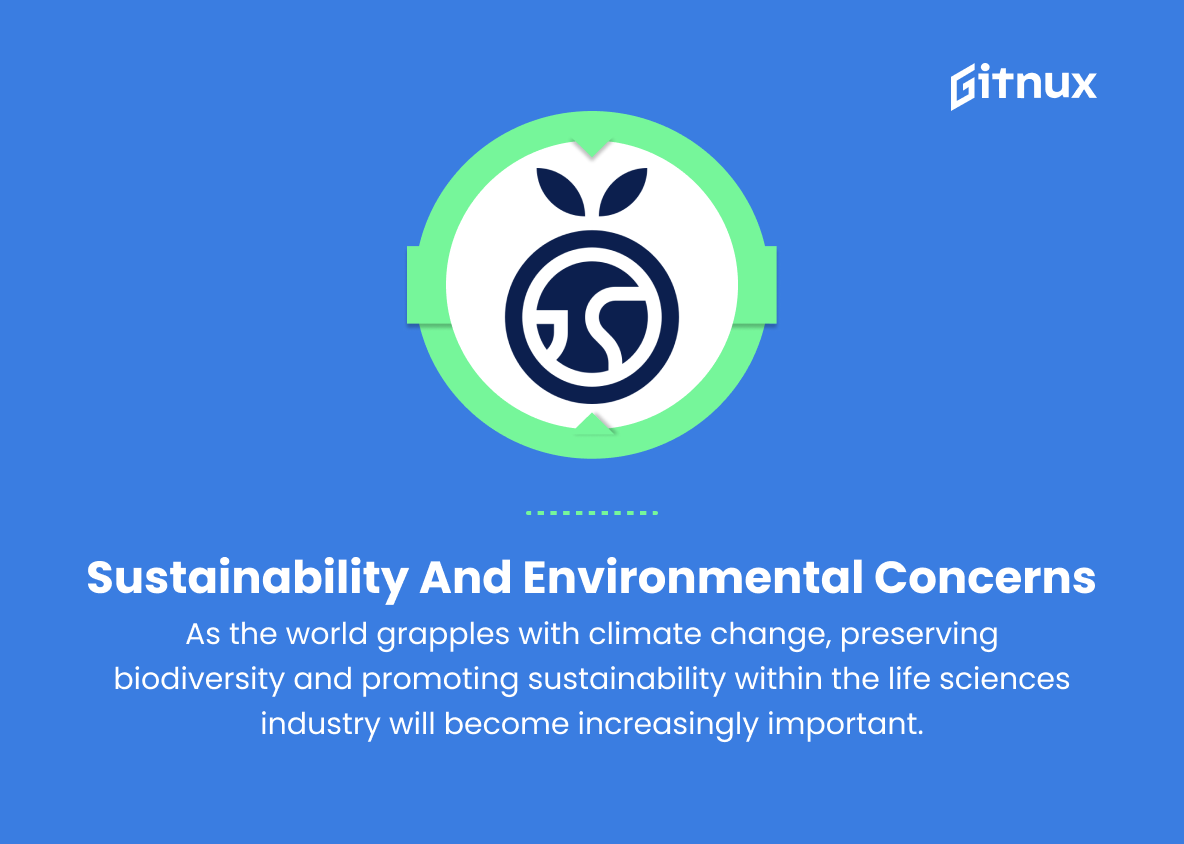The Life Science Industry is perpetually evolving, driven by the unyielding pursuit of groundbreaking discoveries and innovative advancements in human health and well-being. As we delve further into the 21st century, the industry is shaped by an amalgamation of technological breakthroughs, scientific breakthroughs, and ever-changing market dynamics.
In this blog post, we will explore the most significant trends that are moulding the life science industry today, shaping its trajectory for a future where individuals and societies benefit from scientific advancements more than ever.
Our analysis focuses on digital technologies, strategic collaborations, and regulatory changes, which will shape the future of life sciences. Our goal is to provide valuable insights into their potential impact on the industry.
Top Life Science Industry Trends
1. Personalized medicine and gene therapies
As genetic research advances, there will be a greater shift toward personalized medicine and gene therapies, tailoring medical treatments to an individual’s genetic makeup.
2. Artificial Intelligence (AI) and Machine Learning (ML)
These technologies are increasingly being used to automate processes, improve data analysis, and enhance decision-making in various life science sectors.
3. Advanced data analytics
With the exponential growth of data generated in life sciences, advanced data analytics is becoming essential to facilitate better drug discovery, patient care, and overall industry efficiency.
4. Telemedicine and digital health
Remote healthcare is becoming increasingly popular. Telehealth platforms facilitate consultation, diagnosis, and treatment through digital means, making healthcare more accessible and efficient.
5. Wearable and implantable medical devices
As wearables and implantable devices become more sophisticated, they will enable continuous health monitoring and personalized medicine.
6. Stem cell technologies and regenerative medicine
The advancement of stem cell research will transform the treatment of various diseases and injuries, offering new possibilities for regenerative medicine.
7. CRISPR and gene editing
The development and application of gene-editing technologies like CRISPR will revolutionize various fields within life sciences, including genetic research, drug development, and agriculture.
8. Microbiome research
An increasing focus on the human microbiome—the collection of microorganisms that live in our bodies—will provide insights into health, disease, and potential therapies targeting the microbiota.
9. 3D bioprinting
Advancements in 3D bioprinting will enable the creation of live tissues, organs, and other biological structures for research or clinical applications.
10. Virtual and augmented reality
These technologies offer new ways for professionals to visualize, interact with, and understand complex biological systems and data.
11. Precision agriculture and agricultural biotechnology
Advanced sensing and data processing technologies will help improve crop yields, optimize resource use, and reduce the environmental impact of agriculture.
12. Synthetic biology
The design and creation of new biological systems will play a growing role in drug development, bioenergy production, and more.
13. Nanotechnology
The development of nanoscale materials and devices offers new possibilities for drug delivery, diagnostics, and other applications in the life sciences.
14. Blockchain technology
Securing data and enabling secure transactions can increase transparency and trust within the life sciences supply chain.
15. Sustainability and environmental concerns
As the world grapples with climate change, preserving biodiversity and promoting sustainability within the life sciences industry will become increasingly important.
16. Growing collaboration and partnerships
To address the complex challenges of modern healthcare, life science organizations are increasingly collaborating with partners across industries, academia, and government.
17. Ethical considerations and regulation
As new technologies emerge, ethical and regulatory frameworks must adapt to ensure safe and responsible implementation in life sciences.
Implications
The life sciences industry is experiencing rapid advancements and significant shifts, with a focus on personalized medicine, gene therapies, artificial intelligence, machine learning, advanced data analytics, and telemedicine.
Innovative technologies like wearable and implantable devices, stem cell research, gene editing, 3D bioprinting, and virtual and augmented reality, along with precision agriculture, synthetic biology, nanotechnology, and blockchain, are shaping a more efficient, accessible, and sustainable healthcare system. As healthcare becomes more personalized and data-driven, the importance of collaboration, partnerships, and ethical considerations in the industry cannot be underestimated.
The industry is faced with the responsibility of balancing innovation and progress with appropriate regulatory frameworks that ensure ethical implementation and address environmental concerns. To successfully navigate the future of the life sciences landscape, organizations must take a multifaceted approach by embracing these trends, ensuring sustainability, fostering collaborations, and adapting to shifting ethical and regulatory challenges.
Conclusion
In conclusion, the Life Science Industry is undergoing significant transformations driven by emerging trends such as advancing technologies, personalized medicine, demographic shifts, and innovative collaborations. As we move forward, industry players must remain agile and adapt to these ever-evolving changes to ensure they are at the forefront of cutting-edge research and development. The Life Science Industry can enhance human health, broaden our understanding of biological processes, and revolutionize disease treatment worldwide by embracing these trends and investing in novel approaches.
